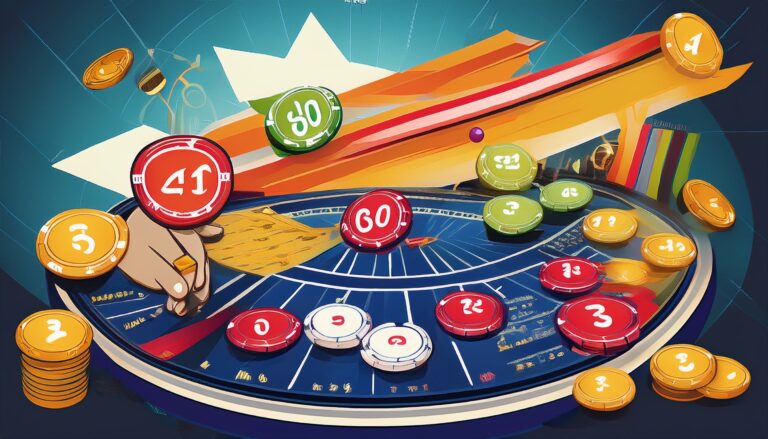The Role of Cricket in Promoting Inclusivity and Diversity
Laserbook, Playinexch: Cricket, tracing its roots back to 16th-century England, has evolved over the centuries to become a global sport with a vast following across continents. The game spread to different parts of the world through colonialism, trade, and missionary work, establishing itself as a popular pastime in countries such as Australia, India, and the West Indies.
The 19th century marked a significant turning point for cricket with the formation of the first international matches between England and Australia, laying the foundation for the sport’s global reach. The establishment of the International Cricket Council (ICC) in 1909 further solidified cricket’s position as an international sport, leading to the creation of iconic events like the Cricket World Cup and the ongoing expansion of the game into new territories.
The Impact of Cricket on Breaking Societal Barriers
Cricket, a sport with a rich history, has played a pivotal role in breaking societal barriers across the globe. As a game that transcends social and cultural divides, cricket has brought people together from various backgrounds, fostering a sense of unity and camaraderie. Through the shared love for the sport, individuals have been able to connect and bond, regardless of their differences, promoting inclusivity and understanding among diverse communities.
Furthermore, cricket has been a powerful tool in promoting gender equality and empowering women in societies where traditional gender roles have often limited their participation in sports. Women’s cricket has gained significant recognition, inspiring young girls to pursue their passion for the game and challenging societal norms that have restricted their opportunities. By giving women a platform to showcase their talent and skills, cricket has helped pave the way for greater gender inclusivity in the sporting world, breaking stereotypes and encouraging social progress.
How has cricket evolved over the years to become a global sport?
Cricket originated in England in the 16th century and slowly spread to other countries through colonization and trade. In the 19th and 20th centuries, cricket became popular in countries like India, Australia, and the West Indies, leading to the formation of international cricket competitions.
How has cricket helped in breaking societal barriers?
Cricket has played a significant role in breaking societal barriers by promoting inclusivity and diversity. The sport has provided opportunities for individuals from different backgrounds to come together and bond over a common interest, regardless of their social status, race, or religion.
In what ways has cricket impacted social change?
Cricket has been instrumental in promoting social change by challenging stereotypes and fostering a sense of unity among diverse communities. The sport has helped in breaking down cultural barriers and promoting equality, leading to a more inclusive and tolerant society.
Can cricket be considered a tool for promoting social justice?
Yes, cricket can be considered a tool for promoting social justice as it has the power to bring people together and create a sense of belonging among individuals who may otherwise be marginalized. By promoting diversity and inclusivity, cricket can help in challenging existing social norms and advocating for equality.







